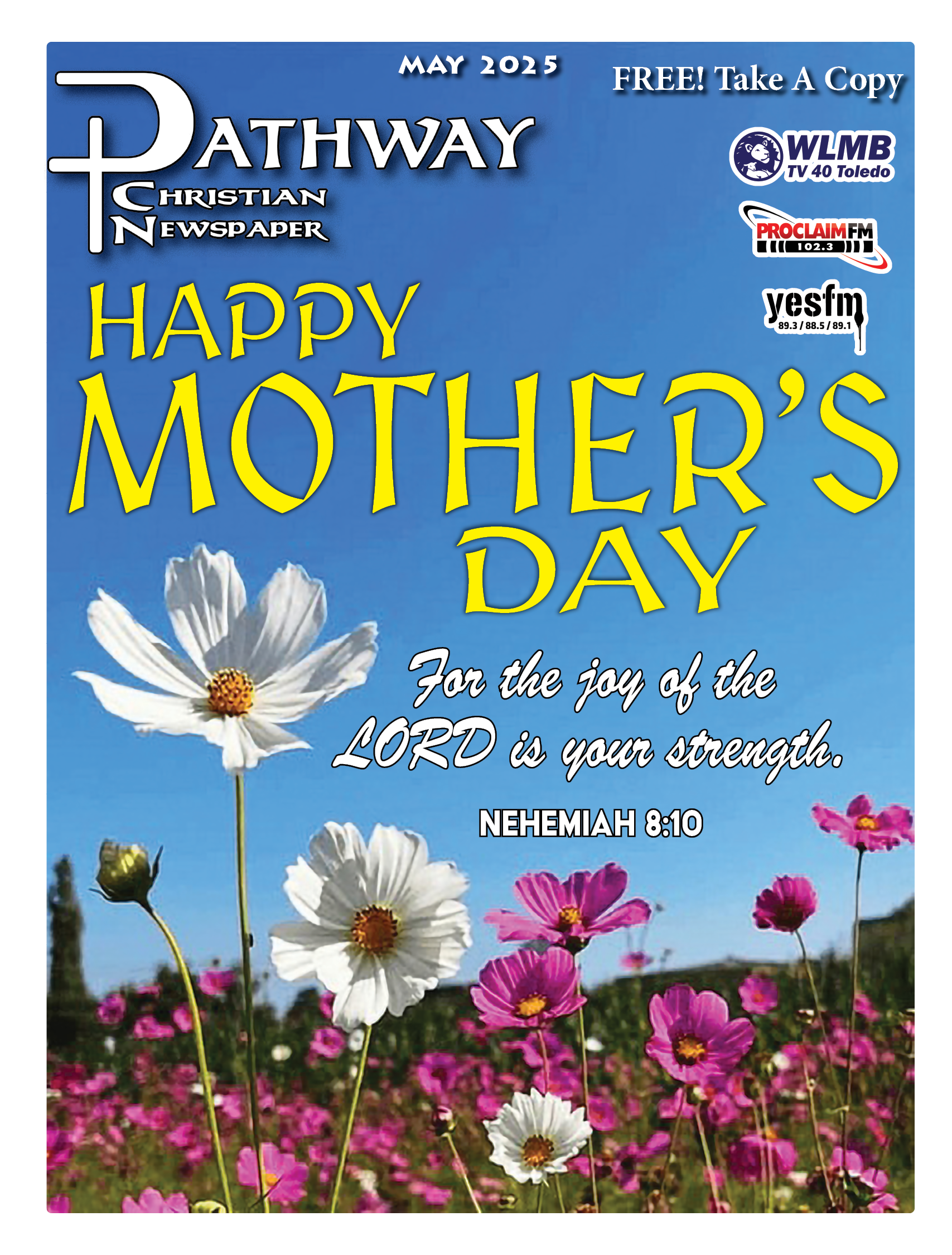 This is Part Two of a three part series. This question is an important one, perhaps the most important question. How each of us answers this question affects not only ourselves, but all those whose lives we touch, our churches, our society and yes, the world.
This is Part Two of a three part series. This question is an important one, perhaps the most important question. How each of us answers this question affects not only ourselves, but all those whose lives we touch, our churches, our society and yes, the world.
Are we worthy? Do we have inherent dignity and worth? Are we worthy of God and God’s love and blessing? Are we worthy of being one with God and one with each other?
In the first of this series we looked at this question from the Christian Scriptures point of view. I believe most, if not all, of those reading this
would accept that as a good resource. We looked at both Old Testament and gospel passages to see what God and Jesus had to say about this. I listed the Scripture passages and stated that I thought they presented a clear answer to this question. I then recommended you read the passages and decide for yourself how they answered the question.
Now let’s look at this question from the Church’s point of view. How does the Church answer this question? I grew up Catholic, so that is the religion I am most familiar with. So when I say “the Church”, I am speaking of the Roman Catholic Church. So if you, dear reader, are not Catholic, may I suggest you look at this question from the viewpoint of the church or denomination that is your experience or you are familiar with.
It’s appropriate to look at this question from the Eucharistic Liturgy point of view since the Eucharistic Liturgy, the Mass, is the Catholic Church’s primary prayer and expression of worship and faith. The International Committee on English in the Liturgy published the official English translation of TheOrder of Mass I in 2008 as a study text. It was not officially approved at that time. The U.S. bishops approved the final
translation of the Roman Missal, i.e. The Order of Mass, at their November 2009 meeting.
In the beginning we have the Penitential Act (Rite). Here we must first acknowledge our sins and pray that God would have mercy on us and forgive our sins so that we may “celebrate the sacred mysteries”. Then in the Gloria we again ask God to have mercy on us. Twice. At the gospel the deacon is to bow profoundly before the priest and ask for the blessing. The priest then prays that the deacon may worthily proclaim the gospel. If there is no deacon than the priest profoundly bows and prays that he may worthily proclaim the gospel.
At the pouring of the wine the deacon or priest prays that we can share in Christ’s divinity and that Christ had to humble himself, i.e. come down to share in our humanity. After offering the bread and wine the priest prays with humble and contrite heart that we may be acceptable to the Lord. Then he faces the people and asks them to pray that our offering may be acceptable to God.
In Eucharistic Prayer I (or The Roman Canon) the priest prays for all gathered here and those dear to them for the redemption of their souls, in hope of health and well being. At the consecration the priest raises the chalice saying it is the blood of Christ “which will be poured out for you and for many . . .”. Not all? Who is excluded? Then in a prayer after the consecration he begins, “To us, also, your sinful servants, . . .”. At the
end of that prayer he says, “we beg you . . . grant us your pardon . . .”.
However, in Eucharistic Prayer IV, after the preface we find a line that seems out of sync with the rest of the Mass prayers. It seems very positive. The priest says, “You formed man in your own image and entrusted the world to his care.”
But then comes the Communion Rite, the climax, the culmination of the Mass. Here we have the prayer where we ask God to take away the sins of the world at least 3 times and we ask for his mercy at least twice and for peace once. Then the priest holds up the host and here at the pinnacle of the Mass we (and the priest) are directed to say “Lord I am not worthy”. We are to say that specifically and plainly.
So now, looking at the above examples, what impression do we get as to whether we are worthy or not? Looking at all the Mass prayers what seems to be the overriding tone or message?
Then consider these: we are encouraged to fast before receiving communion; first confession needs to come before first communion, even for second graders; the need for baptism to forgive sin, even of infants; and the desire to have a priest hear a dying person’s confession.
So how does the Church answer when asked. “Are we worthy?” Do we have inherent dignity and worth? Are we worthy of God and God’s love and blessing? Are we worthy of being one with God?” What do you think?
Here’s my suggestion: for Catholics go to www.usccb.org/romanmissal to obtain the approved text. Read it. Reflect on it and the above. For other denominations look into your Church’s prayers, liturgies, teachings, etc. Read them. Reflect on them and the above. Then ask yourself “does my Church think We Are Worthy?”
Then if you care to, let me know what you think. I welcome any comments or feedback that you would like to give me. Contact me @ terrymcc1@yahoo.com

 This is Part One of a three part series. This question is an important one, perhaps
This is Part One of a three part series. This question is an important one, perhaps 
